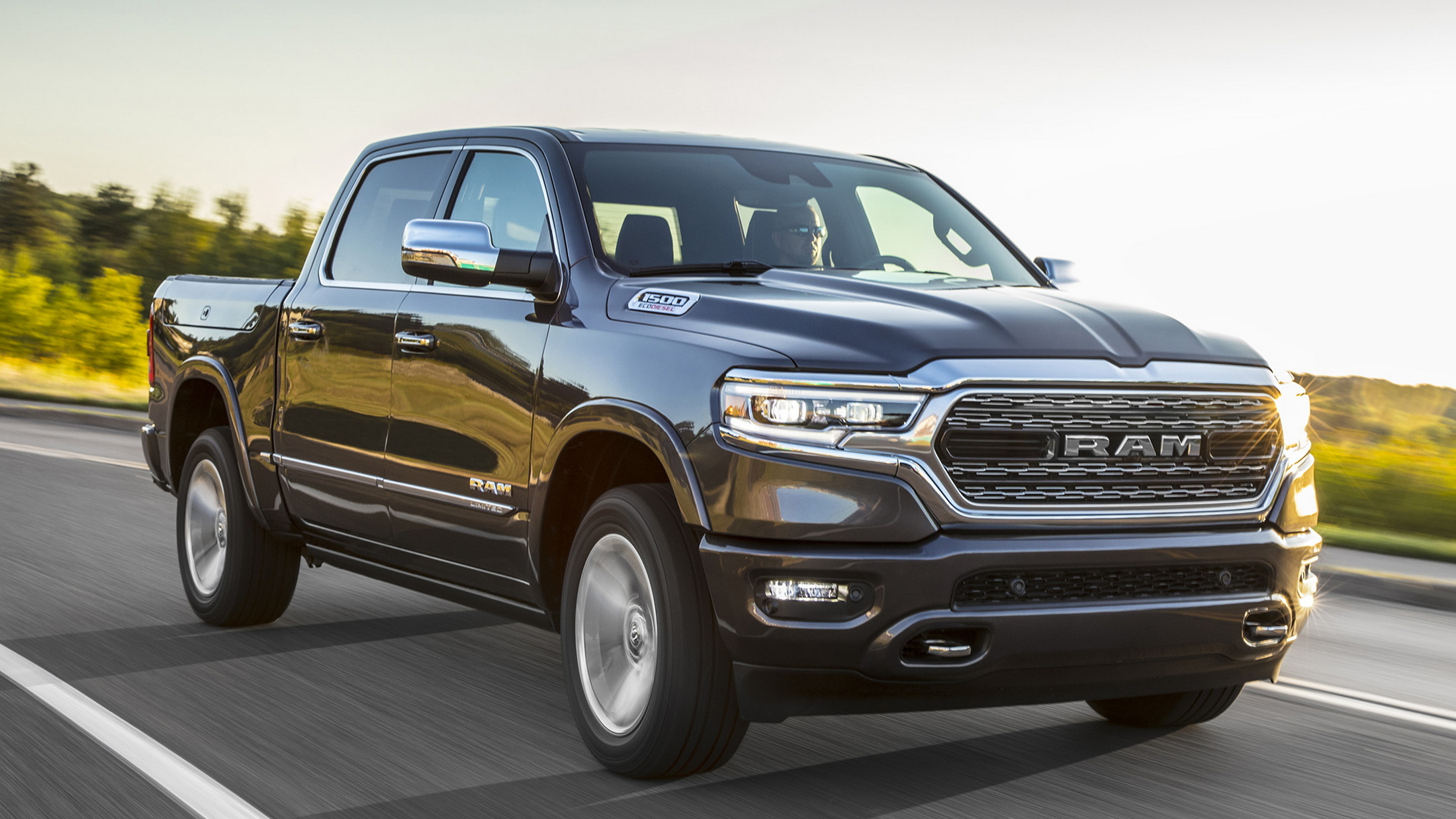


In January 2025, Canadian auto sales experienced a notable increase, with DesRosiers Automotive Consultants Inc. reporting a 3.1% rise in light vehicle sales compared to January 2024. A total of 118,000 units were sold, marking the highest January total since 2018 [b006450e].
This surge in sales coincided with Prime Minister Justin Trudeau's announcement of a 30-day pause on U.S. tariffs following an agreement with President Trump. This temporary halt aims to alleviate some trade tensions and support the Canadian auto industry during a critical time [b006450e].
However, concerns have emerged regarding the declining sales of electric vehicles (EVs) in Canada. The federal EV incentive program, which was prematurely halted, has raised alarms about potential long-term impacts on the market. Analysts suggest that this could lead to a payback in sales, particularly in February and March 2025, as consumers may have delayed purchases in anticipation of renewed incentives [b006450e].
The evolving landscape of the Canadian auto market reflects broader trends seen in the United States and Belgium, where shifts in consumer preferences towards smaller, more fuel-efficient vehicles and electric options are becoming increasingly prominent. As the market adapts to these changes, the focus on affordability and sustainability will likely shape future sales dynamics [b277f9df][5f4e2d3a].